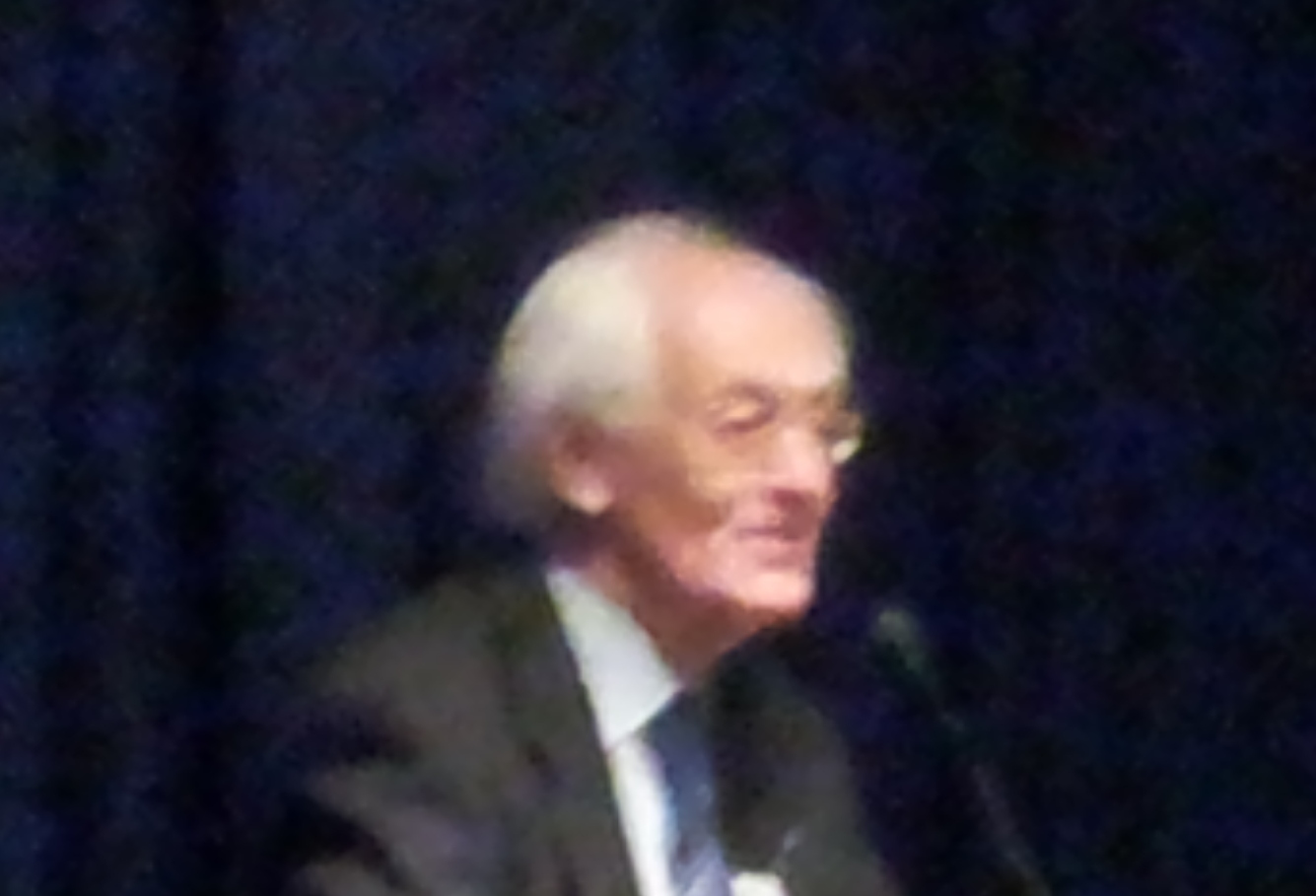|
Cornelis De Jager
Cornelis "Kees" de Jager (; 29 April 1921 – 27 May 2021) was a Dutch astronomer who specialized in predicting solar variation to assess the Sun's impact on future climate. He was the General Secretary of the IAU from 1967 to 1973 and former director of the observatory at Utrecht. He was a fellow with the Committee for Skeptical Inquiry and played an important role in the European skeptical movement as the first chairman of both Stichting Skepsis and the European Council of Skeptical Organisations. Personal life and education Born in Den Burg on the Dutch island of Texel, de Jager spent his school years in the Dutch East Indies. In 1939, De Jager heard Professor Minnaert speak. De Jager said "I was so fascinated by what he said, that I decided right then and there to study Astronomy." From 1939 to 1945, he studied mathematics, physics and astronomy at Utrecht University. On 13 October 1952, he obtained his PhD with a thesis called "The Hydrogen Spectrum of the Sun". His supe ... [...More Info...] [...Related Items...] OR: [Wikipedia] [Google] [Baidu] |
Den Burg
Den Burg is a town in the Dutch province of North Holland. It is a part of the municipality of Texel on the island of the same name, and lies about 12 km north of Den Helder. Overview Located in the middle of the island, Den Burg is the largest town of Texel. It features a historic centre and also the town hall. Outdoor markets are held each week in the main square. Nevertheless, Den Burg is the island's least tourist settlement. The town was first mentioned between 918 and 948 as Osterburghem, and means "castle" which refers to a castle built to defend against the Vikings. Notable sites The Dutch Reformed church is a three aisled basilica-like church with 11th century elements. The tower dates from the mid 15th century. After a lightning strike in 1537, it was enlarged. The Oudheidkamer was built in 1599 as guest house and nowadays contains a museum. A monument to the constructed language, Esperanto, is on the corner of Kogerstraat and De Zes. It was constructed in 1935 ... [...More Info...] [...Related Items...] OR: [Wikipedia] [Google] [Baidu] |
Trouw
''Trouw'' (; ) is a Dutch daily newspaper appearing in compact size. It was founded in 1943 as an orthodox Protestant underground newspaper during World War II. Since 2009, it has been owned by DPG Media (known as De Persgroep until 2019). ''Trouw'' received the European Newspaper Award in 2012. Cees van der Laan is the current editor-in-chief. History ''Trouw'' is a Dutch word meaning "fidelity", "loyalty", or "allegiance", and is cognate with the English adjective "true". The name was chosen to reflect allegiance and loyalty to God and Country in spite of the German occupation of the Netherlands. ''Trouw'' was started during World War II by members of the Dutch Protestant resistance. Hundreds of people involved in the production and distribution of the newspaper were arrested and killed during the war. The newspaper was published irregularly during the war due to lack of paper. In 1944 the Nazi occupying forces tried to stop publication by rounding up and imprisoning some 2 ... [...More Info...] [...Related Items...] OR: [Wikipedia] [Google] [Baidu] |
Proxy (statistics)
In statistics, a proxy or proxy variable is a variable that is not in itself directly relevant, but that serves in place of an unobservable or immeasurable variable. In order for a variable to be a good proxy, it must have a close correlation, not necessarily linear, with the variable of interest. This correlation might be either positive or negative. Proxy variable must relate to an unobserved variable, must correlate with disturbance, and must not correlate with regressors once the disturbance is controlled for. Examples In social sciences, proxy measurements are often required to stand in for variables that cannot be directly measured. This process of standing in is also known as operationalization. Per-capita gross domestic product (GDP) is often used as a proxy for measures of standard of living or quality of life. Montgomery ''et al.'' examine several proxies used, and point out limitations with each, stating "In poor countries, no single empirical measure can be expected ... [...More Info...] [...Related Items...] OR: [Wikipedia] [Google] [Baidu] |
